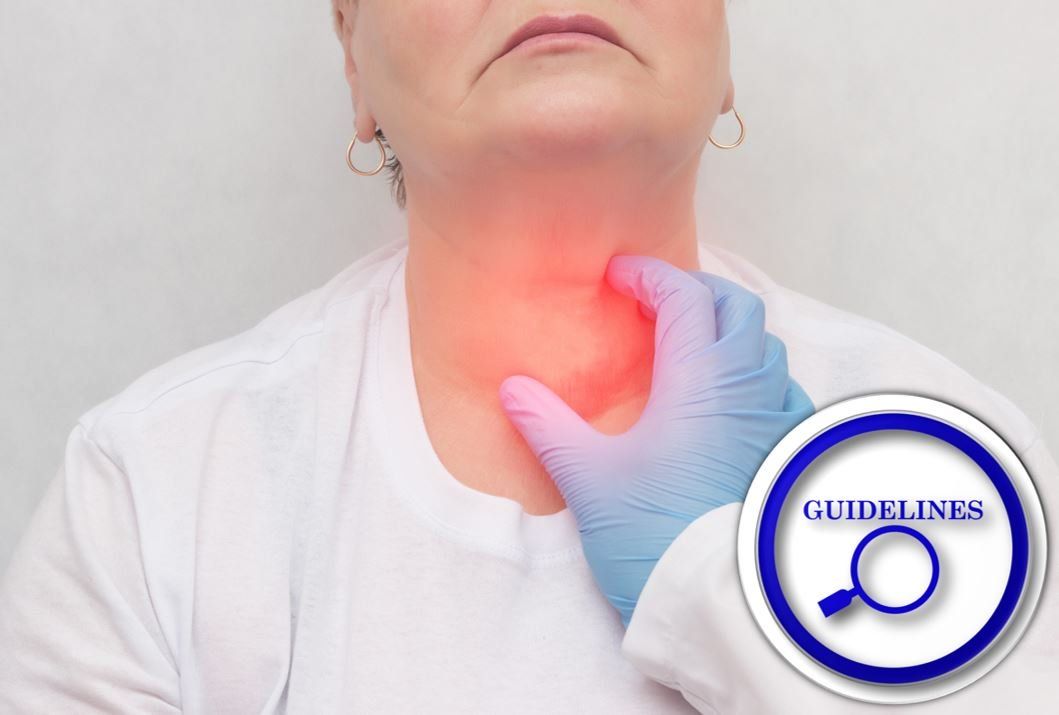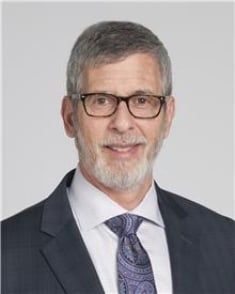Article
New Analysis Says No Need to Treat Subclinical Hypothyroidism
Adults with subclinical hypothyroidism do not need thyroid hormone therapy in most cases, states a BMJ Rapid Recommendation issued this month.
Adults with subclinical hypothyroidism do not need thyroid hormone therapy in most cases, states a BMJ Rapid Recommendation issued this month. (©AdobeStock_Henadzy), (©ValentinTShutterstock.com)

The journal BMJ in partnership with the Norwegian non-profit, MAGIC, have prepared a BMJ Rapid Recommendation for adults with subclinical hypothyroidism stating that thyroid hormone therapy is not needed in most cases.
The recommendation is based on the publication of a systematic review of 21 clinical trials and meta-analysis published in the May 14 issue of the journal.
Subclinical hypothyroidism is relatively common, primarily affecting women and older adults.
“For adults with SCH, thyroid hormones consistently demonstrate no clinically relevant benefits for quality of life or thyroid related symptoms, including depressive symptoms, fatigue, and body mass index of which we found moderate to high quality evidence. Thyroid hormones may have little or no effect on cardiovascular events or mortality (low quality evidence), but harms were measured in only one trial with few events at two years’ follow-up,” wrote researchers who were led by Trudy Bekkering, Ph.D., of the Academic Centre for General Practice in Belgium.
More trials are needed in order to determine the potential harm from treatment and better assess the burden of lifelong management, they wrote.
The group sought to determine the benefits and harms of thyroid hormones for adults with subclinical hypothyroidism. Currently, thyroid hormones are recommended for adults with thyroid stimulating hormone (TSH) levels that are greater than 10 mIU/L and for younger patients with low TSH values who are symptomatic or have other indications.
The recommendation was issued as “strong” and applies specifically to adults with subclinical hypothyroidism that is defined as having elevated TSH levels, but normal free T4 (thyroxine) levels. It does not apply to women who are trying to become pregnant or patients with TSH >20 mIU/L. Patients with severe symptoms or adults younger than 30 years old should be evaluated on an individual basis.
Clinicians have been advised to monitor the progression of the condition or its resolution in patients.
REFERENCE:
BMJ 2019;365:l2006. "Thyroid hormones treatment for subclinical hypothyroidism: a clinical practice guideline," BMJ 2019; 365 DOI: https://doi.org/10.1136/bmj.l2006 Published 14 May 2019.




